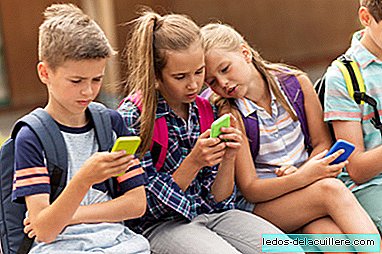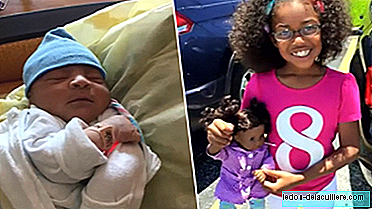
According to a study conducted at Harvard and Chicago Universities they have shown that Children trust science more than religion. The research has been published in the journal Child Development.
The researchers state that the beliefs of adults and children are based on the information they receive from third parties, rather than their own observations. Children, for example, know that mental processes are carried out in the brain, that internal organs make their body function or that the earth is round, "invisible" phenomena for them; However, religious concepts that cannot be demonstrated are less reliable than scientific (also unprovable) for children. Scientists have found three key points about how children learn about unobservable, objective or subjective objects. The first is that children extrapolate what they are told and make their own interpretations, more powerful to them than what they have heard.
The second key point points out that children contribute their own contributions to what they learn.
The third key point is that, in general, children rely more on the information they are given about scientific issues that they cannot prove than about spiritual issues that they cannot prove, such as the existence of God.
Scientists point out that this point should be studied in future research, in order to better understand the influence of culture in the formation of children's knowledge, since children learn through parents about what they do not see: culture in that all are imbued is basic in the composition of their body of knowledge.












